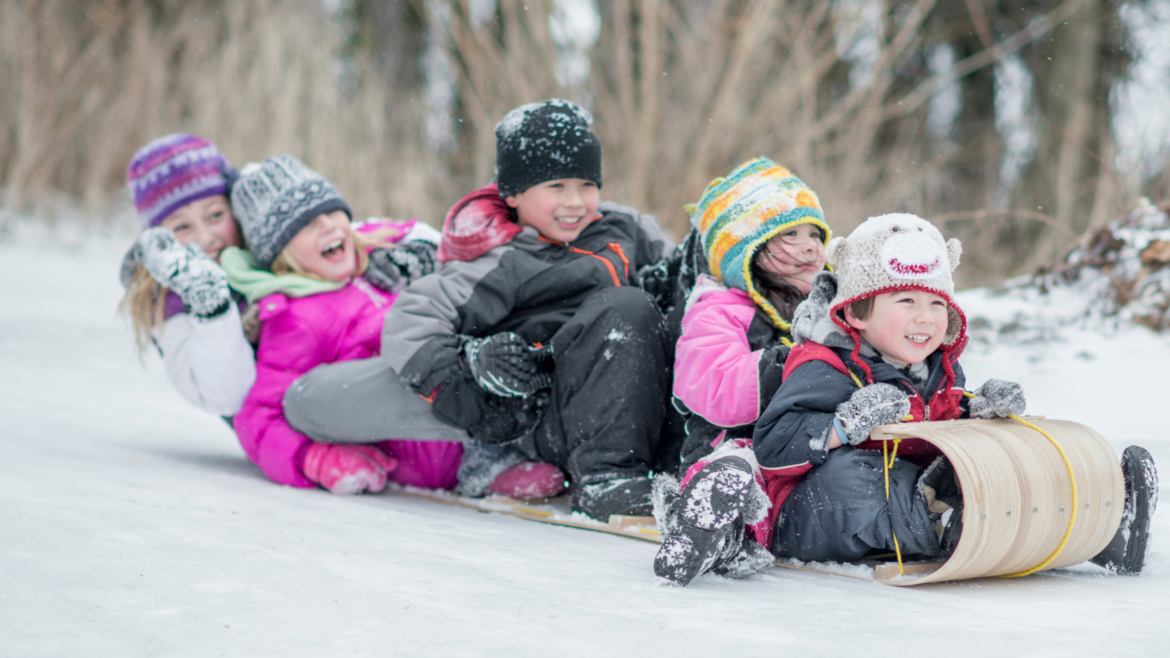
Winter is full of fun and adventure, but it can also be dangerous for children. It does not mean that you don’t send your children outside to enjoy the weather, it means that you prepare them for the unexpected weather during this winter season. Experts have said, being outdoors in any season has many physical and mental health benefits for children and we should provide many opportunities for children to love and embrace mother nature.
Here are some safety tips to help you and your child navigate through the winter season but also have fun at the same time:
- Layer up: Bitter cold and snow can cause frostbite. Dress your child in several layers, and ensure their head, neck and hands are covered.
- Play it safe and make it a learning moment: Ask children to name all the places it is safe and not safe to sled for example during winter (ie; no tobogganing near a street or down a hill that ends near a creek or water. Remind them to think about visibility near snowbanks on the street when crossing).
- Beware of clothing hazards: Scarves and hood strings can strangle smaller children so use other clothing to keep them warm.
- Check in on warmth: Before kids head outside, tell them to come inside if they get wet or if they’re cold.
- Use sunscreen: Children and adults can still get sunburned in the winter. Sun can reflect off the snow, so apply sunscreen to exposed areas.
- Get trained and equipped: Children should wear helmets when snowboarding, skiing, sledding or playing ice hockey. And to avoid injuries, teach children how to do the activity safely.
- Keep them hydrated: In drier winter air kids lose more water through their breath. Offer plenty of water and try giving them warm drinks and soup for extra appeal.
- Watch for danger signs: Signs of frostbite are pale, grey or blistered skin on the fingers, ears, nose, and toes. If you think your child has frostbite bring the child indoors and put the affected area in warm (not hot) water. Signs of hypothermia are shivering, slurred speech, and unusual clumsiness. If you think your child has hypothermia call 9-1-1 or go to the nearest hospital.
Whether you are building a snowman or tobogganing down a big hill, be prepared, be safe, and have fun!
